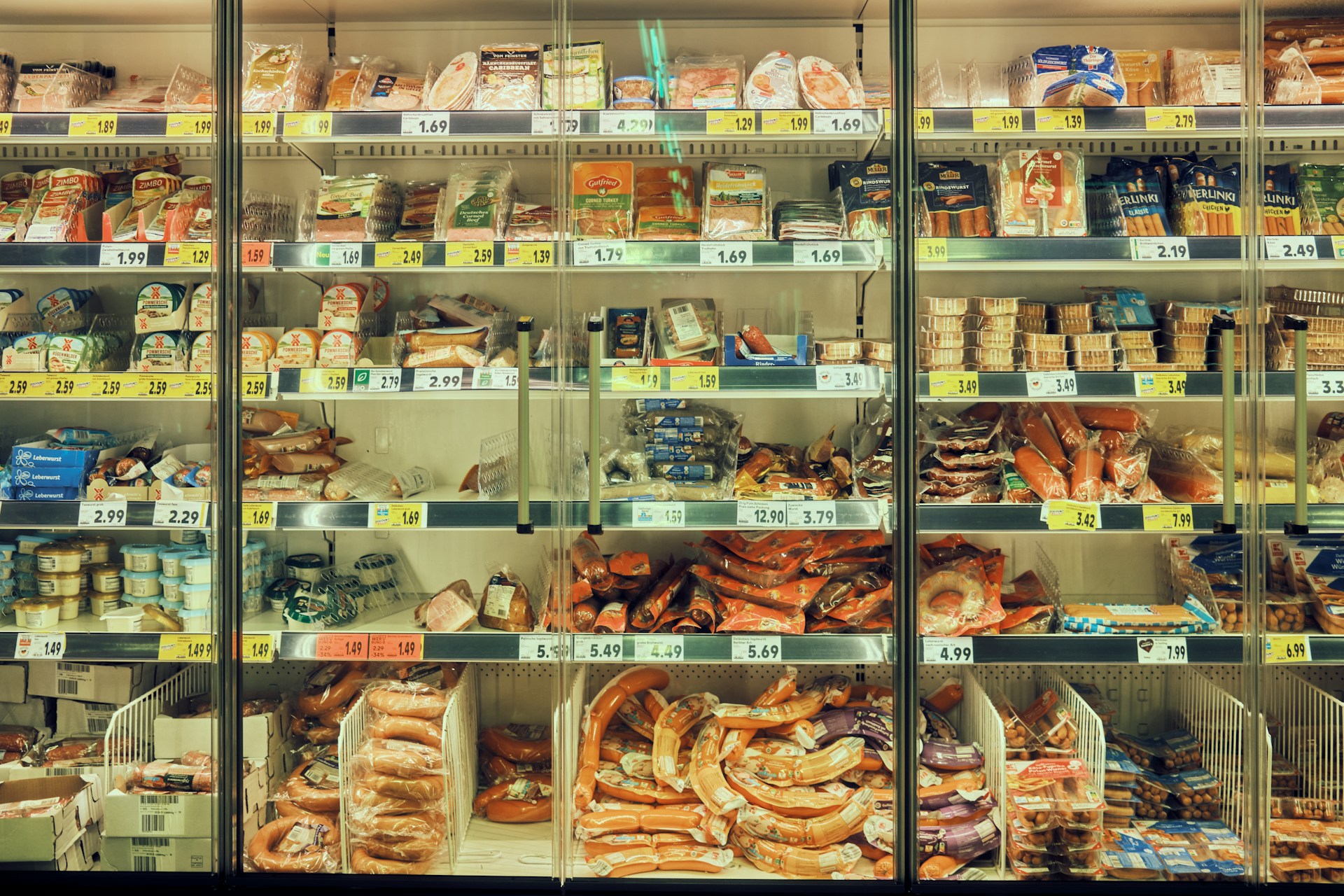Illinois’ rising tax burden costs residents – Washington Examiner
The article discusses the increasing tax burden on residents in Illinois, highlighting the state’s significant sales tax rates. Dylan Sharkey from the Illinois Policy Institute emphasizes the importance of citizen pressure on lawmakers to address these rising taxes. A recent study reveals that Illinois now has the seventh highest combined sales tax rate in the country at 10.25%, which is particularly burdensome in the context of already having the second highest property and corporate income taxes. This combination of high taxes is driving some shoppers from the Chicago area to make purchases elsewhere in the state, as they seek to alleviate the financial strain caused by Illinois’s tax policies.
Illinois’ rising tax burden costs residents
(The Center Square) – As local tax rates continue to rise, Illinois Policy Institute’s Dylan Sharkey is urging residents to remember who’s in charge.
“I think it starts with pressure from people,” Sharkey told The Center Square. “There’s a few things that can influence lawmakers decisions, special interests, campaign donations, but if you put enough pressure on them and it gets smaller by population each person’s voice matters more.”
As it is, a new Tax Foundation study details how Illinois shoppers now pay the seventh highest sales tax rate in the country as combined state and average local sales tax now total 10.25%. Sharkey adds the state’s rising sale tax rate also ranks as the highest among most populous states, resulting in a growing number of Chicago-area shoppers electing to head for other parts of the state whenever they think of making major purchases.
“It would be one thing if Illinois was one of the highest sales taxes in the country on its own, but we also have the nation’s second highest property taxes, second highest corporate income taxes,” he said. “The combination of all the different taxes Illinoisans pay show that their burden overall really takes a chunk of change out of their dollars.”
Illinois also now stands as just one of 13 states to still charge a grocery tax, with the 1% statewide levy not officially slated to come off the books until Jan. 1, 2026.
Sharkey argues the state’s high property taxes also go a long way toward making the state a less attractive place to be for an increasing number of families, and in terms of making the burden of those who remain even heavier.
“People who leave Illinois do so for financial reasons; they do it to go to other states so their dollars will go further,” he said. “The question is will lawmakers react to this and pass policies that are pro taxpayer and get people to stay here and plant roots.”
In the meantime, Sharkey frets there’s still a price for every resident to continue paying.
“As more and more people choose to live in another state, the issue only gets worse, he said. “Imagine if you’re at a restaurant with friends and one person decided to dine and dash. The bill gets bigger for everybody who stays and the people who choose to stay are penalized more and more by public decisions made every day.”
" Conservative News Daily does not always share or support the views and opinions expressed here; they are just those of the writer."




